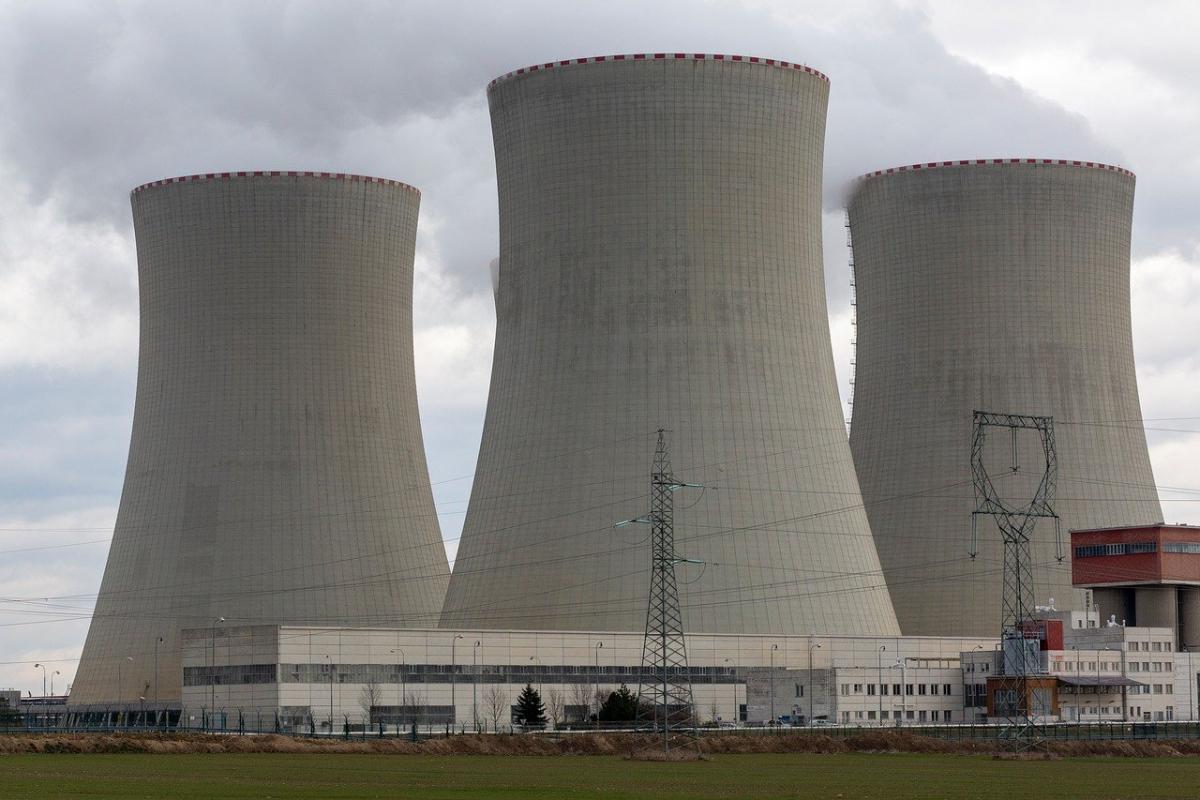EU’s ‘green finance’ plans amount to unacceptable institutional greenwashing
About this publication
PRESS RELEASE - 03.01.2022
On New Year’s Eve, just before midnight, the European Commission presented a draft Delegated Act to include nuclear and fossil gas in its ‘Taxonomy,’ which is its list of economic activities that can be classified as a ‘green’ investment. This end of the year surprise speaks volumes to the Commission’s confidence in its own draft, that presents multiple processual flaws on an initiative that is known to be very controversial:
- The draft Delegated Act was made available at a time where nobody was watching; this is a well-known technique of escaping public attention.
- The draft has been shared with the members of the Expert Platform on sustainable finance, with a request for opinion by 12 January at the latest.
 Again, such a timeline imposed on a group composed of experts who have another full-time job and have repeatedly but unsuccessfully requested advance warning and a proper timeline to deliver such an opinion, is a strong indication that the Commission does not intend to grant any serious attention to this opinion anyway.
Again, such a timeline imposed on a group composed of experts who have another full-time job and have repeatedly but unsuccessfully requested advance warning and a proper timeline to deliver such an opinion, is a strong indication that the Commission does not intend to grant any serious attention to this opinion anyway. - The Commission ignored serious concerns from civil society and failed to submit the proposal to public consultation, a highly irregular move. Nuclear and gas could be misleadingly marketed to consumers as ‘green’ finance products. The least one can say is that the Commission has not read the room and failed to consider the expectations of EU citizens. Indeed, a recent Eurobarometer survey shows that 93% of Europeans consider climate change a serious problem and there are similar concerns about nuclear (e.g., in a German survey, 82% of respondents would not describe an investment in which money is invested into nuclear as a ‘sustainable investment’).
This move actively undermines a key objective of the Taxonomy Regulation, which is to protect consumers against greenwashing. If a separate ‘transition’ or ‘amber’ category had been proposed, it would have enabled consumers to distinguish their green investments from others; instead, supposedly transitional energy sources - nuclear and gas - will be labelled ‘green’. It also increases the risk for consumers of investing in stranded assets (e.g. gas power stations that get decommissioned) and cause significant financial harm, such as devalued pensions. Nuclear is also incompatible with Article 10 of the Regulation (which establishes how activities can contribute to sustainability and does not include nuclear energy as an option) according to a study from the Austrian Government.
Worse, these changes are even more harmful to investors than the status quo. It will make the currently chaotic situation – whereby consumers lack a single information system regarding sustainable investments – into an even worse one, by actively misleading consumers about the sustainability of their investments. It also penalises sectors making real efforts to comply with the Paris Agreement, by depriving them of the funds that are channelled to the dirty players.
BEUC Director General Monique Goyens said: “This is outrageous. Calling nuclear energy and fossil gas ‘green’ amounts to institutional greenwashing. We are in a climate emergency. Every decision we take now will directly impact whether we meet our climate goals. What is at stake here is not even about banning nuclear and fossil gas or not. They might be needed for the transition, but that does not mean that they should be advertised to consumers as ‘green’.
“The Taxonomy was promoted by the EU as the gold standard in the fight against greenwashing. After being put through the wash by intense and opaque lobbying from industry and national governments, it has emerged as little more than a greenwashing tool. A big chunk of the money needed to finance the green transition will instead go into sectors actively prolonging the problem. Consumers looking to invest sustainably will be hindered by false information. We now call on the European Parliament and Council to dismiss this blatant greenwashing. In its current state, we would have no choice but to warn consumers against relying on the Taxonomy as a tool to make green investment decisions”.
Read more
BEUC factsheet: ‘How green is green finance? Can consumers trust the Taxonomy?’
ENDS
Download:

